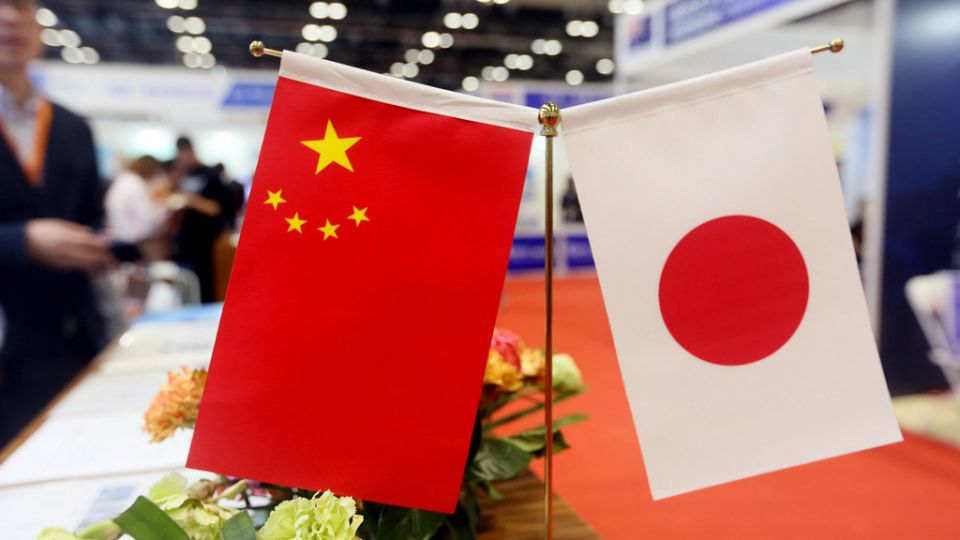August 13, 2019
Talks focus on boosting ties between the traditional rivals.
An amicable relationship between China and Japan serves the interests of the two and the region, experts said, as Beijing and Tokyo resumed strategic talks after a seven-year hiatus.
On Saturday, a strategic dialogue between Le Yucheng, China’s vice-minister of foreign affairs, and his Japanese counterpart, Takeo Akiba, was held at the Karuizawa mountain resort in Japan’s Nagano prefecture.
They had what was described as candid exchanges about bilateral and regional issues and said they would push forward the consensus reached between President Xi Jinping and Japanese Prime Minister Shinzo Abe at the Group of 20 Summit in Osaka in June, a Foreign Ministry statement issued after the dialogue said.
“Both China and Japan advocated building a relationship that meets the requirements of the new era,” it said.
The resumption of the China-Japan strategic dialogue is a key sign that Beijing and Tokyo have pushed forward their bilateral relations on the right track and forged closer ties, said Lu Hao, a researcher at the Chinese Academy of Social Sciences’ Institute of Japanese Studies.
Official exchanges and communication mechanisms, including the strategic dialogue, were suspended after the two countries became mired in a dispute over China’s uninhabited Diaoyu Islands in the East China Sea.
Lu said the strategic dialogue mechanism plays a vital role for the two neighbors, especially as they are both facing unprecedented conditions and a rapidly changing global environment.
“The dialogue not only focuses on improving bilateral ties but also touches on some of the important regional and international issues of common interest,” Lu said, adding that boosting mutual understanding and cooperation between China and Japan, the world’s second-and third-largest economies, helps promote regional stability and prosperity.
On Friday, while meeting with Japanese Foreign Minister Taro Kono, Le, the vice-minister, said China and Japan should keep up the positive momentum brought by the improved ties and enhance short-term goals while strengthening long-term ones.
Describing the meeting in Osaka between Xi and Abe as fruitful, Kono said Japan is expecting a state visit by Xi next spring and is willing to work with China “in various fields and face global challenges shoulder to shoulder”.
Zhou Yongsheng, a professor and deputy director of the Japanese Studies Center at China Foreign Affairs University, said, “As Sino-Japanese relations have shown signs of warming in recent years, both countries should cherish the momentum and build new relations featuring a shift from competition to collaboration under the guidance of the strategic dialogue mechanism. Promoting Sino-Japanese ties will benefit the peace and prosperity of Asia and improve global governance.”
Noriyoshi Ehara, chief economist of Japan’s Institute for International Trade and Investment, said one perspective arises because there is “little understanding of China among Japanese people”.
“Nowadays, more Chinese people have come to know Japan through tourism and education, but that is not the case for Japanese people. A majority of them know little about China,” Ehara said. “This will limit further development of bilateral ties. So it is crucial to boost people-to-people exchanges.”


